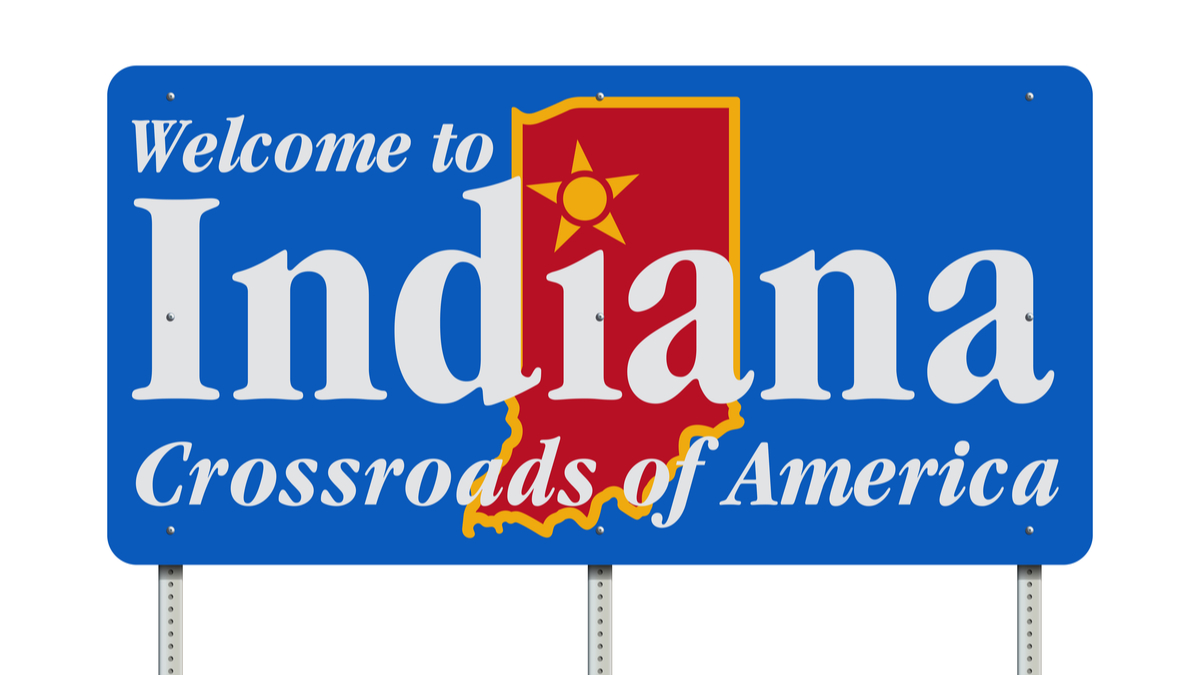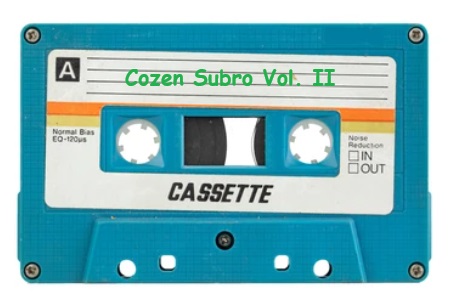Not surprisingly, product liability claims in Indiana are governed by The Product Liability Act, IC 34-20-1, et seq. (the “Act”), which defines a ‘product’ as “(a) any item or good that is personalty at the time it is conveyed by the seller to another party.” The Act goes on to state: “The term does not apply to a transaction that, by its nature, involves wholly or predominantly the sale of a service rather than a product.” IC 34-6-2-114. The Act therefore provides an expansive definition of the term ‘product’ to include not just the product itself but also the provision of services related to the product – as long as the nature of the transaction is predominantly for the sale of the product and not the service. This is of critical importance for “mixed” product claims – where a product and a service are closely tied together in one transaction. You may already be familiar with this concept because it is similar to the “predominant purpose” test adopted by many jurisdictions to distinguish between a transaction for a good and a service under the UCC.
A recent loss handled by Cozen O’Connor attorneys highlights this concept. An Indiana grain drying business contracted with a fuel supplier to purchase liquefied natural gas for its energy-intensive operations. Gas was supplied to this agribusiness through a system of tanks and temporary pipelines installed by the fuel supplier. An explosion occurred in the grain dryer shortly after the gas pipeline system was installed. Subsequent investigation revealed the explosion was likely caused by faulty installation work. At first blush, this fact pattern appears to implicate only claims for common law negligence and/or breach of contract related to the supplier’s negligent installation work. But when considering the predominant purpose of this transaction – the sale of gas itself and not the installation of the temporary pipeline that supplies the gas to the business – statutory causes of action for negligence and strict product liability under the Act come into focus. Simply put, the installation and start-up work this pipeline required was ancillary to the sale of gas. The sale of fuel was the predominant purpose of the transaction between the parties.
So why does this distinction matter? Because the Act currently only recognizes three defenses: 1) use of the product with knowledge of the known defect or danger (IC 34-20-6-3); 2) misuse of the product (IC 34-20-6-4); and 3) modification or alteration of the product (IC 34-20-6-5). Contractual disclaimers, exculpatory clauses, and limitations of liability generally are not recognized as valid defenses to claims under the Act. See McGraw-Edison Co. v. Northeast Rural Elec. Mem. Corp., 678 N.E.2d 1120 (1997).
In McGraw-Edison, a utility company provided equipment to its consumer that was involved in a significant fire resulting in property damage. The utility attempted to defend strict product liability and negligence claims brought by its customer under the Act by asserting disclaimers and limitations in their customer’s contract. The Indiana Supreme Court held that those contractual limitations were not a valid defense to claims under the Act, especially where the disclaimers are boilerplate terms that are not specifically negotiated between the parties: “[w]e conclude that the legislature has chosen to override the considerations of freedom of contract in the interest of encouraging safety of products and responsibility for products that are defective under the standards imposed by the statute.” Id. at 1125.
In the grain drier example above, the agreement between the grain drying business and the fuel supplier contained various contractual limitations of liability and exculpatory clauses that were asserted as complete defenses to those claims. After initially raising these issues the case settled without any reference to those contractual limitations because those defenses were not available under the Act.
Cozen O’Connor’s Subrogation & Recovery Department has considerable experience helping its clients navigate these complex issues to achieve maximum recoveries.





